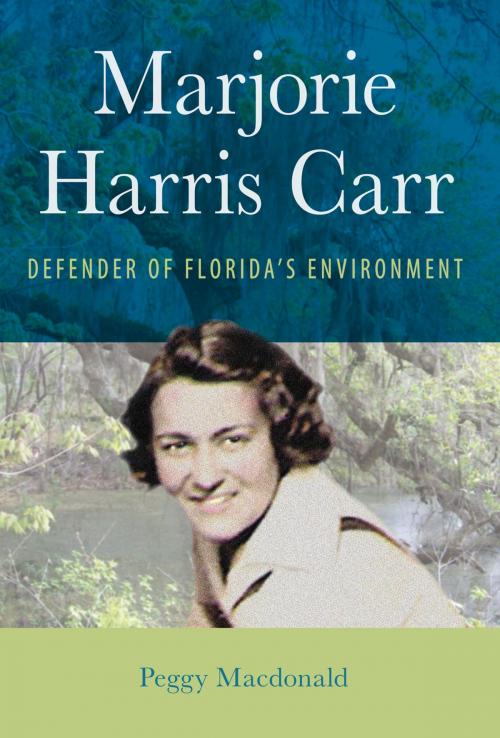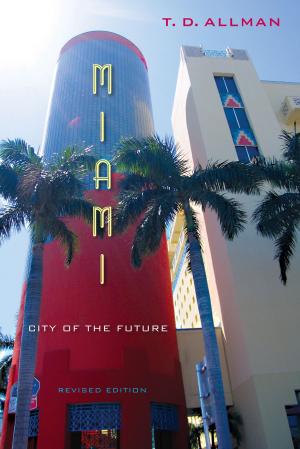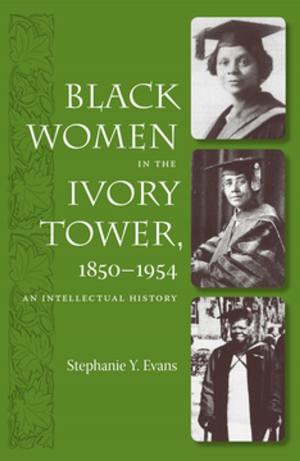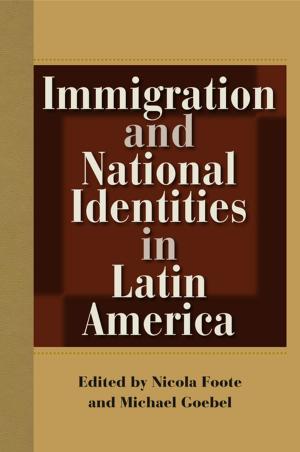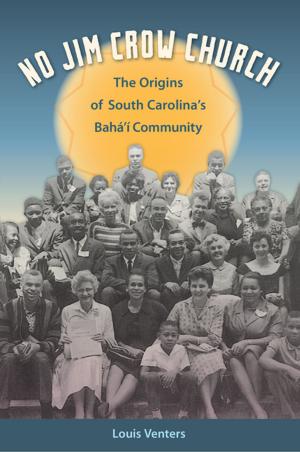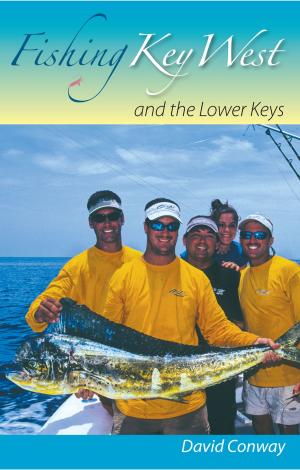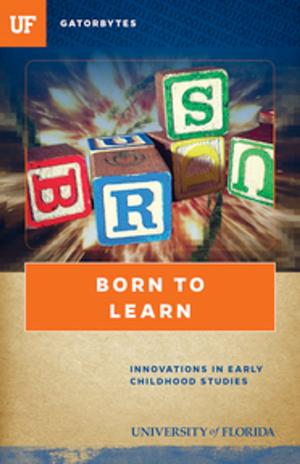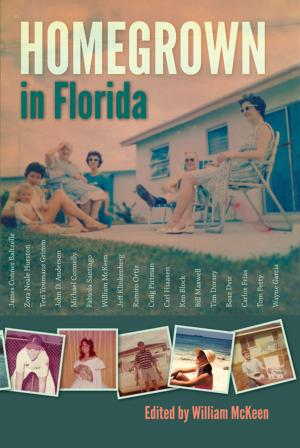Marjorie Harris Carr
Defender of Florida's Environment
Nonfiction, History, Americas, United States, Biography & Memoir| Author: | Peggy Macdonald | ISBN: | 9780813047553 |
| Publisher: | University Press of Florida | Publication: | March 18, 2014 |
| Imprint: | University Press of Florida | Language: | English |
| Author: | Peggy Macdonald |
| ISBN: | 9780813047553 |
| Publisher: | University Press of Florida |
| Publication: | March 18, 2014 |
| Imprint: | University Press of Florida |
| Language: | English |
Marjorie Harris Carr (1915-1997) is best known for leading the fight against the U.S. Army Corps of Engineers’ Cross Florida Barge Canal. In this first full-length biography, Peggy Macdonald corrects many long-held misapprehensions about the self-described “housewife from Micanopy,” who struggled to balance career and family with her husband, Archie Carr, a pioneering conservation biologist.
Born in Boston, Carr grew up in southwest Florida, exploring marshes and waterways and observing firsthand the impact of unchecked development on the state’s flora and fauna. Macdonald’s work depicts a determined woman and Phi Beta Kappa scholar who earned undergraduate and graduate degrees in zoology only to see her career thwarted by institutionalized gender discrimination. Carr launched her conservation career in the 1950s while raising five children and eventually became one of the century’s leading environmental activists.
A series of ecological catastrophes in the 1960s placed Florida in the vanguard of the burgeoning environmental revolution as the nation’s developing eco-consciousness ushered in a wave of revolutionary legislation. With Carr serving as one of the most effective leaders of a powerful contingent of citizen activists who opposed dredging a canal across the state, “Free the Ocklawaha” became a rallying cry for environmentalists throughout the country.
Marjorie Harris Carr is an intimate look at this remarkable woman who dedicated her life to conserving Florida’s wildlife and wild places. It is also a revelation of how the grassroots battle to save a small but vitally important river in central Florida transformed the modern environmental movement.
Marjorie Harris Carr (1915-1997) is best known for leading the fight against the U.S. Army Corps of Engineers’ Cross Florida Barge Canal. In this first full-length biography, Peggy Macdonald corrects many long-held misapprehensions about the self-described “housewife from Micanopy,” who struggled to balance career and family with her husband, Archie Carr, a pioneering conservation biologist.
Born in Boston, Carr grew up in southwest Florida, exploring marshes and waterways and observing firsthand the impact of unchecked development on the state’s flora and fauna. Macdonald’s work depicts a determined woman and Phi Beta Kappa scholar who earned undergraduate and graduate degrees in zoology only to see her career thwarted by institutionalized gender discrimination. Carr launched her conservation career in the 1950s while raising five children and eventually became one of the century’s leading environmental activists.
A series of ecological catastrophes in the 1960s placed Florida in the vanguard of the burgeoning environmental revolution as the nation’s developing eco-consciousness ushered in a wave of revolutionary legislation. With Carr serving as one of the most effective leaders of a powerful contingent of citizen activists who opposed dredging a canal across the state, “Free the Ocklawaha” became a rallying cry for environmentalists throughout the country.
Marjorie Harris Carr is an intimate look at this remarkable woman who dedicated her life to conserving Florida’s wildlife and wild places. It is also a revelation of how the grassroots battle to save a small but vitally important river in central Florida transformed the modern environmental movement.
